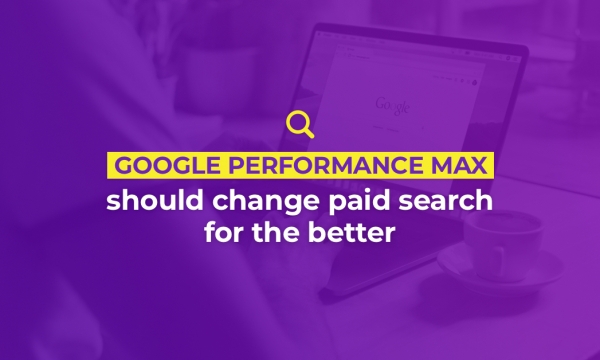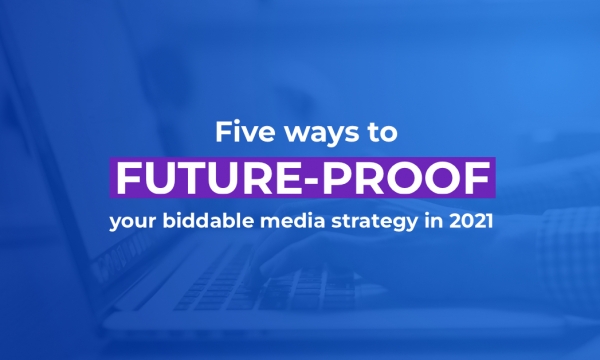
Facebook, which bought Atlas from Microsoft for $100m last year, has re-launched the platform to essentially create a new advertising network.
In simple terms, Atlas allows Facebook to use its own data about individuals to sell ads on sites that it doesn’t own. Facebook will use information such as your age, location, likes and dislikes to sell advertising space on third party platforms. It is a model that Atlas’ Erik Johnson has called “people-based marketing”.
To date, Facebook has named just two partners for the scheme; advertising giant Omnicom (which already has partnerships with Facebook, Google and Twitter) and Instagram – the Facebook-owned photo sharing network. It's expected that Pepsi and Intel will be the first brands to trial the scheme.
But what does this mean for advertisers, and is yet another privacy furore on the cards?
No more cookies

Facebook has tried to minimise the reliance on cookies with the re-launch of Atlas and instead, move to a model of “people-based marketing”.
Cookies present challenges for marketers. They do not work across mobile devices, they don’t often tell the full picture when it comes to multi-device purchasing funnels and they have limitations when it comes to targeting specific demographics. Using Facebook data addresses many of these problems.
Facebook can overcome many of these challenges though its ability to track the third-party websites people visited on mobile devices, assuming that they are logged into the social network. This allows advertisers to target audiences around the interests and ‘likes’ for third party websites.
This changes the came for ad campaign targeting and tracking
Advertisers are sure to love the ability to accurately target and measure audiences across multiple devices and platforms – something that has historically been a major challenge.
As audiences continue to fragment and purchasing cycles become more diverse, advertisers are constantly looking to more advanced targeting options. What Facebook Atlas does is take a big step forward in allowing marketers to target consumers across devices and from online to bricks & mortar.
Facebook won’t tell you who users are, just what they like

Privacy is a major issue for Facebook and, whilst any suggestion of data sharing will cause concern, Facebook has been at pains to make clear that it will not be sharing any data that will allow an advertiser to personally identify an individual.
Facebook has claimed that entity will remain completely anonymous to advertisers and publishers, who will only be able to access some basic facts about any one user.
These aren’t “Facebook Ads”
The social network has also stressed that Atlas and Facebook Ads are two very separate things. However, Facebook isn’t shy in selling the virtues of Atlas on the back of Facebook data – something which it believes makes Atlas more effective than the big ad platforms.
And that makes it a big challenger to Google’s DoubleClick

Google is the big player in the digital ad market, with three times the market share of Facebook. When it comes to mobile however, Facebook has been closing the gap.
Atlas is Facebook’s most meaningful foray into ad networks to date and the use of Facebook authentication gives it a huge advantage over a Google system that still relies on cookies. Facebook could implement a social verification model, but Google Plus lacks the adoption levels and interaction levels that Facebook enjoys.




